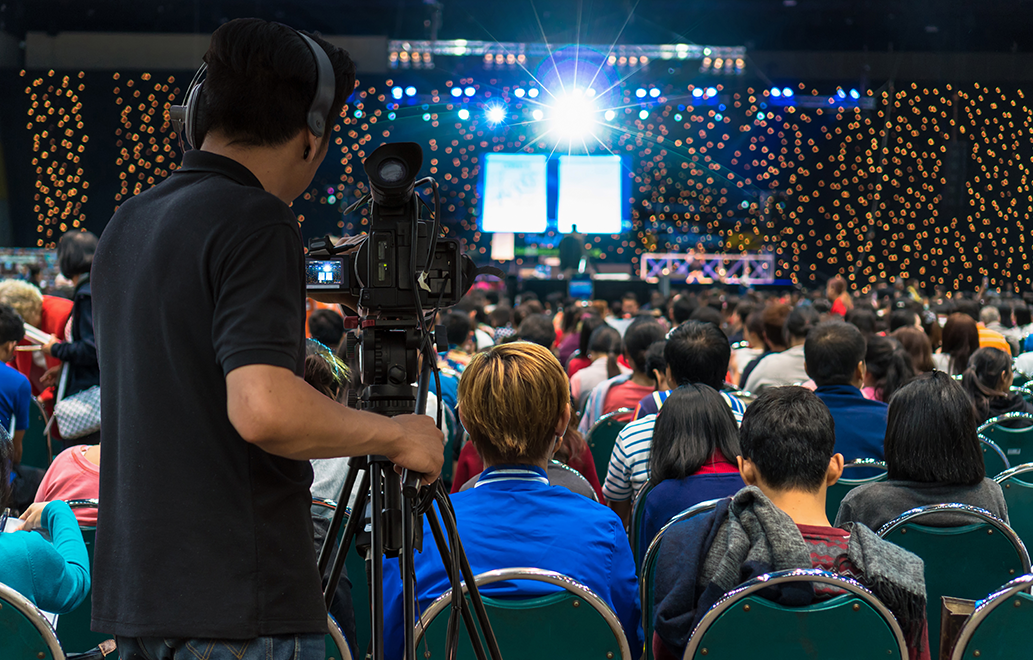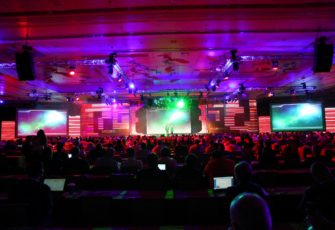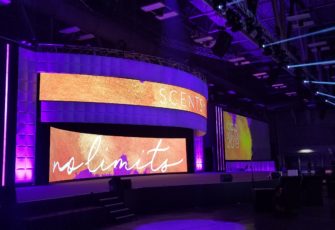
In the dynamic world of event management, the terms "event producer" and "event planner" are often used interchangeably, yet they signify very different roles within the industry. Recognizing the unique responsibilities and skills of each is crucial for anyone involved in event production services, especially when the success of stage and exhibit production hinges on the seamless collaboration of these professionals. This article delves into the key differences between an event producer planner and an event planner, providing clarity for those seeking to understand or enter the field of event management.
Understanding the Event Planner
An event planner is the architect of the event's blueprint. Their expertise lies in the meticulous organization and coordination of all event components. They are the visionaries who conceptualize the theme, design, and atmosphere of the event, ensuring that every detail aligns with the client’s objectives and expectations. Event planners are adept at multitasking, managing vendors, negotiating contracts, and overseeing the logistical aspects of the event. Their primary goal is to create an engaging and memorable experience for attendees while adhering to the budget and timeline.
The Role of the Event Producer
In contrast, the event producer is the maestro, orchestrating the various elements brought forth by the planner to create a harmonious symphony of experiences. They are responsible for the technical aspects of the event, such as sound, lighting, and stage management. A producer's role is more technical and creative, focusing on the execution of the event planner's vision. They manage the production team, troubleshoot technical issues, and ensure the event runs smoothly from a production standpoint.
Collaboration and Coordination
While the event planner lays the groundwork for the event, the event producer builds upon it to elevate the experience. The collaboration between the planner and producer is symbiotic and essential for the event's success. The planner communicates the client's needs and the envisioned experience, and the producer translates this into a practical, impactful production. This partnership is especially evident in stage and exhibit production, where the planner's detailed design and the producer's technical expertise must align to create a compelling and immersive environment.
Distinct Skill Sets and Outcomes
Although both roles aim to deliver a successful event, the skill sets they require are quite distinct. Event planners must be highly organized, detail-oriented, and possess strong interpersonal skills to liaise with clients and vendors. Producers, on the other hand, require a deep understanding of technical production, problem-solving abilities, and the capacity to manage a production crew under pressure. The outcomes of their work are also different: planners are judged on the overall event experience and satisfaction of attendees, while producers are evaluated on the technical execution and the seamless delivery of the event's program.
The roles of event producer and event planner, although interdependent, have clear distinctions. An event planner designs the event framework, focusing on logistics and attendee experience, while the event producer ensures that the technical aspects are realized to the highest standard. Both are integral to the success of any event, particularly in the realm of stage and exhibit production, where the combination of logistical planning and technical prowess can turn a simple gathering into an unforgettable occasion.



